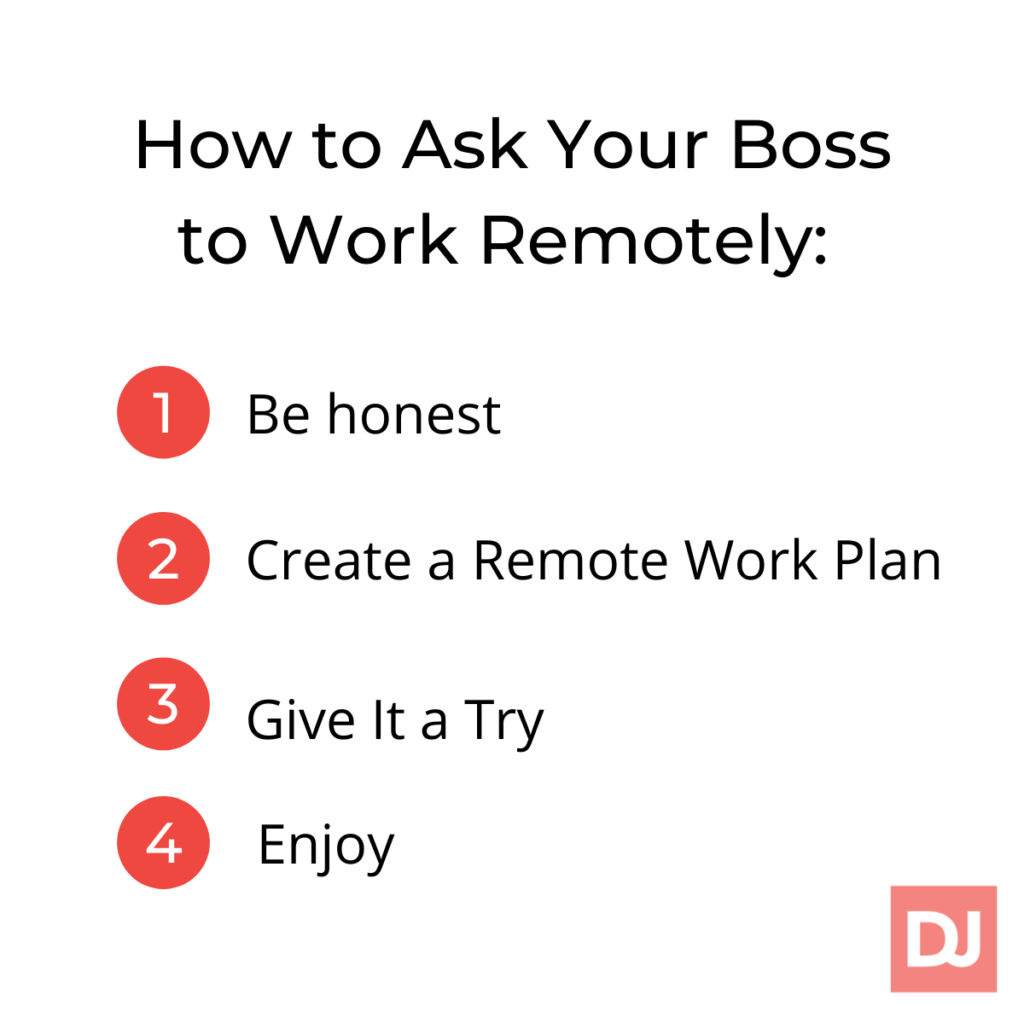After almost a year, companies are still dealing with the consequences of the pandemic, weighing what has been working and was not. While companies like Twitter and Facebook are embracing remote solutions even after the pandemic, others are preparing a return on-site.
In this scenario, what are employees thinking of remote work? Would you ask your boss to work from home full-time?
According to a post-pandemic Gallup survey, three in five U.S. workers would rather ask to work from home full-time.
Looking at data, those who work remotely are less likely to quit, more productive and less expensive for the company. The benefits of remote work aren’t only related to productivity. Remote teams are also beneficial for company costs, environmental sustainability and, above all, for the well-being of the employees.
Yet, even after the pandemic, several companies are pushing to come back to an in-office setting. Who is right? Possibly both. What is certain is that many jobs can be done at home. Plus, thanks to this crisis, we all had a real-time test to find out our preferences.
Here at DistantJob, we have been remote since forever. As a remote recruitment agency, not only are we aware of the benefits, but we also have a few tips to make it work smoothly and efficiently. Talking to your boss is never easy, but not impossible.
Here a few tips for you:
How to Ask Your Boss to Work Remotely

1. Be Honest
Before asking your boss to work from home, make a list of the reasons why this solution would work better for you. You can start listing the reasons why working remotely is healthier than getting stuck in traffic everyday or forcing yourself to work at set times when unnecessary.
Explain how it would improve your work-life balance. Maybe you have a baby on the way or simply you want to move to the countryside to have a healthier, and safer, routine. Wherever are the reasons, make sure to write down your needs in a way that benefits your company too.
Especially if you are in a leadership position, a remote role can be the way to improve your approach and relation with your team. Sometimes, in offices meetings and bureaucracy can be a waste of time and distraction. When you illustrate your reasons, don’t forget to mention to your boss that video meetings and an efficient reporting method can be a quicker strategy. Also, by creating a feedback system, you can improve trust and communication in your team influencing the whole work environment.
Any reason can be a good reason, as long as you are confident with your decision. In the end, if they make sense for you, they will make sense for your boss.
2. Create A Clear Remote Work Plan
Explaining why you want to request to work from home is the first step, but don’t forget about your colleagues. You might convince your boss, but who you work with is your team. Since The Great Recession in 2008, several companies have moved teams out of physical offices to reduce costs and save the budget. With the pandemic crisis, the requests to work remotely are literally blowing up, giving you thousands of successful examples to get inspiration.
First thing: propose a realistic work schedule. Decide when you will work on what and eventually on which days you will go to the office. For example, you can propose to go on-site Monday and Tuesday for a catch up with the team and to set the weekly goal you can achieve remotely. Also, find ways to make your remote work visible to all and track your progress on tasks and assignments.
This leads us to our next piece of advice. Make sure to be clear about your role and responsibilities, on what you’ll do and when. Setting clear communication strategies will help you be more efficient rather than a burden for your team.
3. Give It a Try!
Remember, what works in theory sometimes fails in practice. You made your proposal, highlighted how this solution would benefit your manager and your team, you anticipated questions and possible issues. Still, unless you are a rocket scientist, there are things you won’t be able to predict until you try.
At DistantJob, we know the importance of a good start. Through years of experience, we have seen that a good start is what really makes a difference for a team – which is why we always, and I mean always, put lots of effort and attention into the onboarding process.
So, be proactive and propose a month’s trial. During this month, make sure to structure your work around a method that can be efficient in the long run. At the same time, be flexible enough to understand when you need to adjust to your team or other solutions to complete tasks.
Proposing a month-long trial will also help with team dynamics. If you are willing to work out solutions together, your colleagues won’t feel you are forcing a new way of working upon them, but that you are exploring different solutions to make the workflow more efficient – and you may also inspire them to follow you!
4. Last but Least, Enjoy!
The last step is to get the best out of it. Make sure you stick with the schedule you arrange with your team and work hard to get the best results.
Don’t over stress, but especially at the beginning, it’s your time to show that your idea of staying remote was actually a good idea. You don’t need to be perfect. Perfection doesn’t even exist. You just need to be at your best and put yourself in the position of improving and hitting your target.
So, don’t be afraid! If you want to stay remote, just get prepared and ask your boss. Quoting Dante Alighieri, an Italian writer from the Middle Ages, John F. Kennedy’s favorite citation was: ‘The darkest places in hell are reserved for those who maintain their neutrality in times of moral crises’.
Taking inspiration, I would say this is the perfect time of crisis to stand out as an innovative but tireless worker!
And if you are turned down, don’t worry. As people say, a crisis also means new opportunities. Plus, we are here, with a lot of experience in recruitment and remote positions – so, if you want advice and a different perspective, just contact us!




